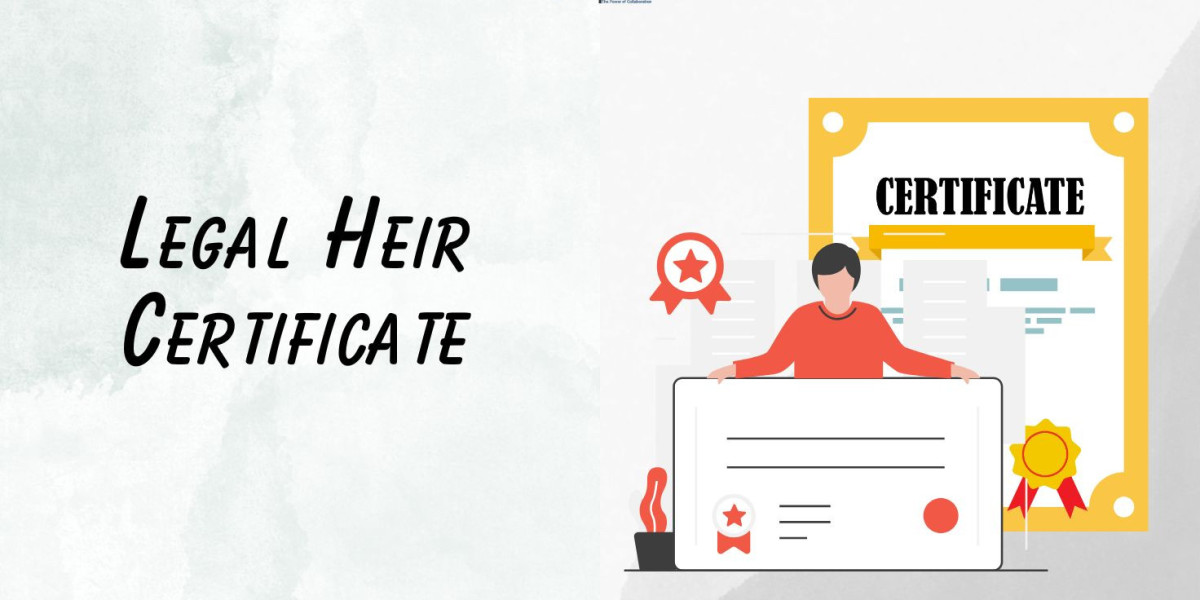A legal heir certificate is an essential document in India that establishes the rightful heirs of a deceased individual. It plays a crucial role in ensuring the smooth transfer of assets, properties, and other legal entitlements to the rightful beneficiaries. This blog delves into who needs a legal heir certificate, why it matters, and how it compares to a succession certificate. Additionally, we’ll discuss its relevance in processes like the recovery of shares from IEPF and guide how to recover shares effectively.
Understanding a Legal Heir Certificate
When a family member passes away, their legal heirs often require official documentation to claim the deceased’s assets, such as bank deposits, property, or other financial instruments. The legal heir certificate is issued by the revenue department or the tahsildar office in India. It certifies the relationship between the deceased and their surviving heirs, making it easier for us to claim assets and transfer ownership legally.
Unlike a Succession Certificate, which is issued by a civil court and is primarily required for movable assets like securities and debts, a Legal Heir Certificate is typically used for immovable assets or pension-related claims. Both documents are crucial, but their purpose and issuance process differ.
Who Needs a Legal Heir Certificate?
A legal heir certificate is necessary for:
- Family Members of the Deceased: Spouses, children, and parents often require this certificate to claim ownership of assets.
- Transfer of Properties: If the deceased owned immovable properties, we, as their legal heirs, need this document to update ownership records.
- Pension Claims: Dependents of deceased government employees require this certificate to access pension benefits.
- Insurance Claims: To claim the deceased's insurance amount, a legal heir certificate might be needed by insurers for verification.
- Bank Account Transfer: Banks often ask for this certificate to transfer funds from a deceased account holder's account to their heirs.
- Recovery of Shares from IEPF: If shares or dividends are unclaimed and transferred to the Investor Education and Protection Fund (IEPF), this certificate may be required for recovery.
Why a Legal Heir Certificate Matters
- Legal Clarity: It provides a clear and undisputed record of who the rightful heirs are, ensuring smooth asset transfer.
- Avoidance of Legal Disputes: Without this certificate, disputes among family members may arise, delaying asset distribution.
- Time-Saving: Having the document expedites procedures like property registration, pension claims, and other legal formalities.
- Mandatory Requirement: Many institutions in India, including banks, insurance companies, and government departments, mandate this certificate for legal proceedings.
Difference Between a Legal Heir Certificate and a Succession Certificate
While both documents establish heirship, their purposes differ. A succession certificate is essential for movable assets like securities, debts, and shares. On the other hand, a legal heir certificate is more commonly used for immovable properties and pension-related claims. Knowing which one is required can save us time and effort in asset recovery processes.
Legal Heir Certificate in the Recovery of Shares from IEPF
Unclaimed shares and dividends are transferred to the IEPF by companies under the Companies Act, 2013. If the rightful heirs want to recover shares from IEPF, they must submit a legal heir certificate along with other necessary documents. This certificate verifies the claimant's relationship with the deceased shareholder, facilitating the recovery process.
How to Recover Shares Effectively?
Recovering shares requires thorough documentation and adherence to regulatory processes. Here’s how we can ensure a smooth recovery:
- Obtain a Legal Heir Certificate: This is a critical first step to establishing our rightful claim.
- File a Claim with the IEPF Authority: Submit the required forms, such as Form IEPF-5, along with the legal heir certificate, death certificate, and other supporting documents.
- Consult Legal Experts: Seeking guidance from professionals familiar with share recovery can help us avoid procedural delays.
- Submit a Succession Certificate if Needed: In some cases, a succession certificate might also be required, especially when dealing with securities or debts.
How to Obtain a Legal Heir Certificate?
The process of obtaining a legal heir certificate involves the following steps:
- Application Submission: Apply to the local tahsildar or revenue office.
- Provide Documentation: Attach essential documents such as the death certificate of the deceased, proof of relationship, and identity documents of the heirs.
- Verification: The authorities verify the information provided by us, often requiring the submission of affidavits or witness statements.
- Issuance of Certificate: Upon successful verification, the legal heir certificate is issued.
Common Challenges and Tips for Avoidance
- Incomplete Documentation: Ensuring that all required documents are complete and accurate can prevent delays.
- Disputes Among Heirs: Clear communication and agreement among family members can avoid unnecessary legal hurdles.
- Understanding Requirements: Knowing whether to obtain a legal heir certificate or a succession certificate is crucial for effective asset recovery.
Why Proactive Planning Matters
Having a legal heir certificate or a succession certificate ready can save us time and stress during emotionally challenging periods. It ensures that our legal entitlements are protected and accessible when needed.
FAQs
1. What is the difference between a legal heir certificate and a succession certificate?
A legal heir certificate is primarily used for claiming immovable assets and government benefits, while a succession certificate is required for movable assets like securities, shares, and debts.
2. Is a legal heir certificate mandatory for recovering shares from IEPF?
Yes, a legal heir certificate is typically required to verify the claimant’s relationship with the deceased shareholder during the recovery of shares from IEPF.
3. How long does it take to obtain a legal heir certificate in India?
The process usually takes 15-30 days, depending on the jurisdiction and the completeness of the submitted documents.
In conclusion, a legal heir certificate is an indispensable document for anyone dealing with asset transfers, pension claims, or the Recovery of Shares From IEPF. By understanding its importance and following the correct procedures, we can ensure a hassle-free transition of entitlements to rightful heirs.
Source URL: https://actsfile.com/read-blog/45192_who-needs-a-legal-heir-certificate-and-why-it-matters.html









